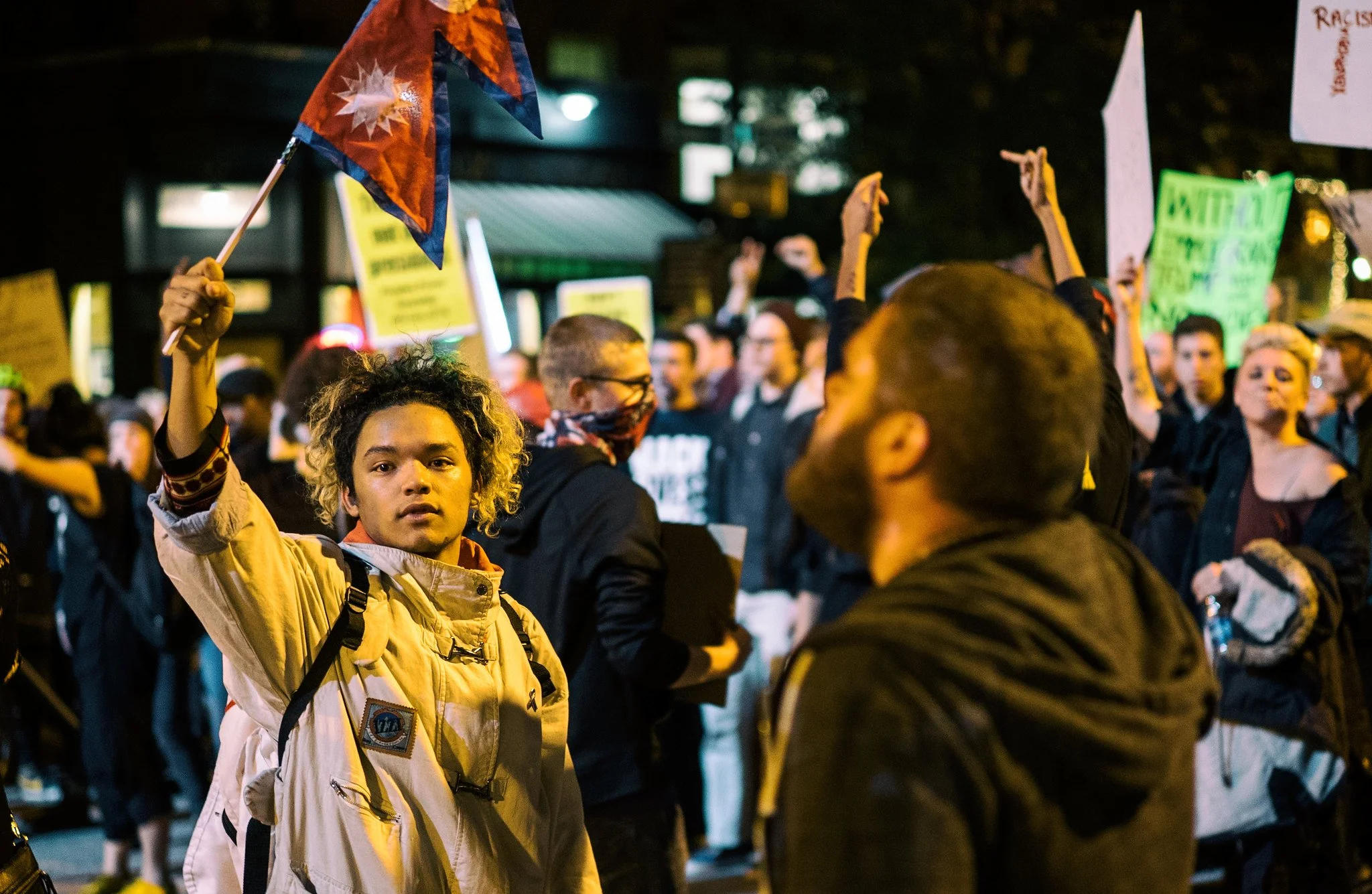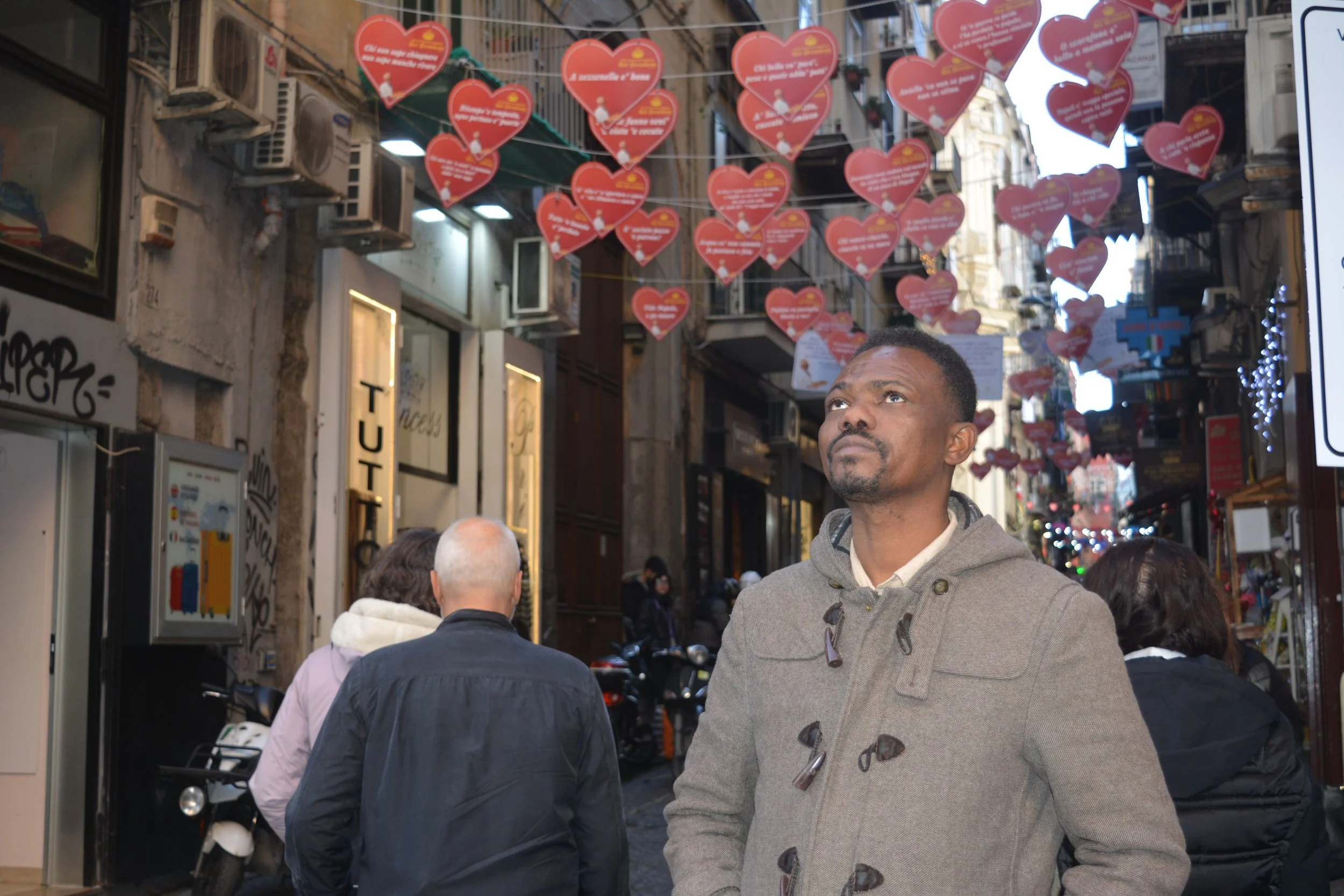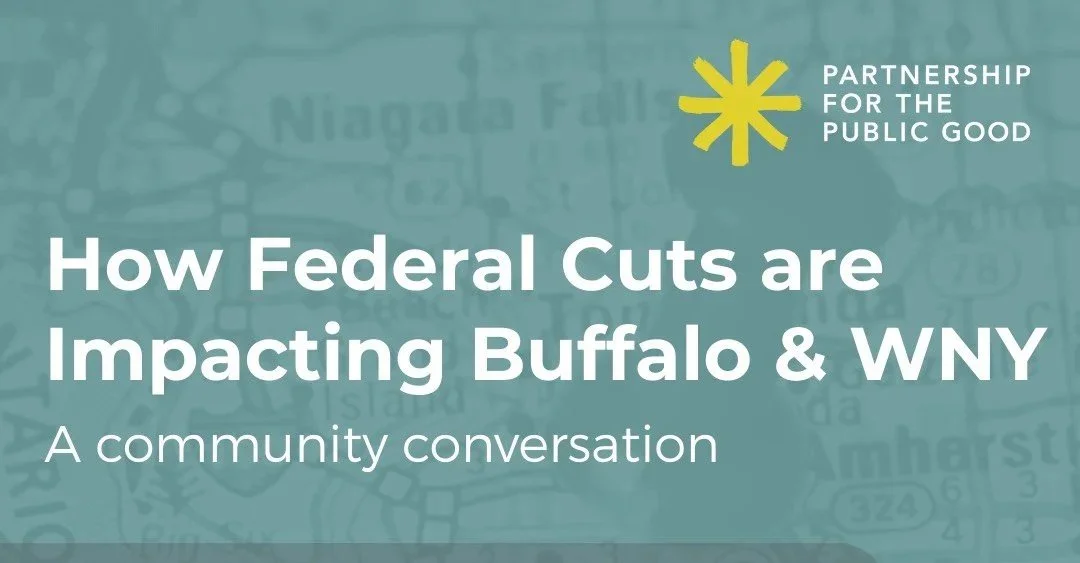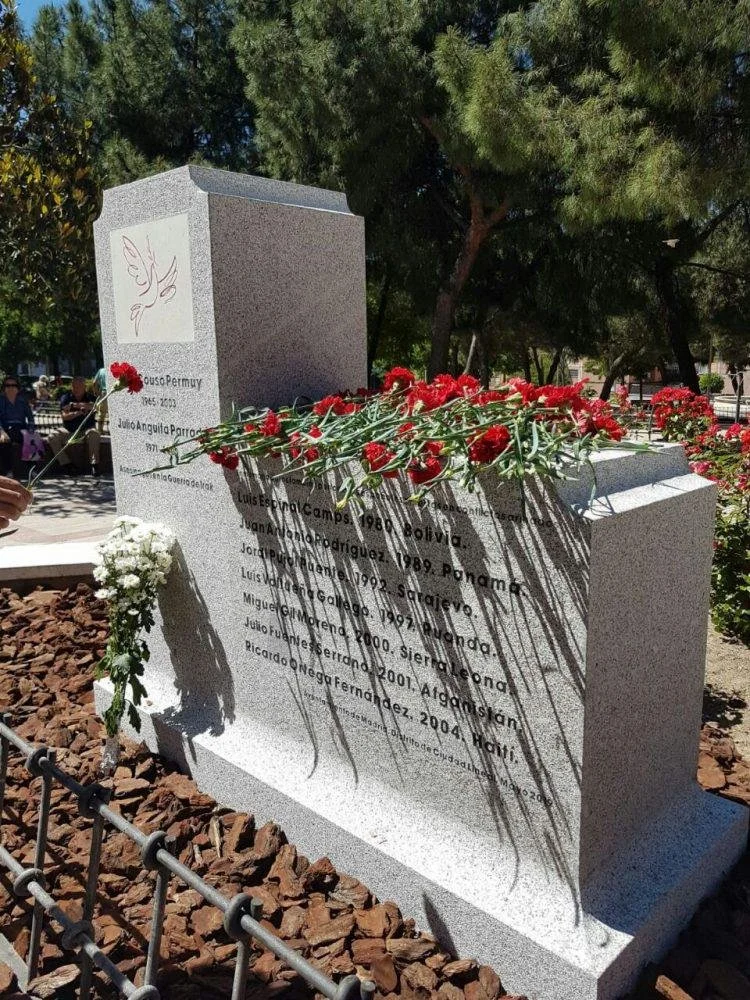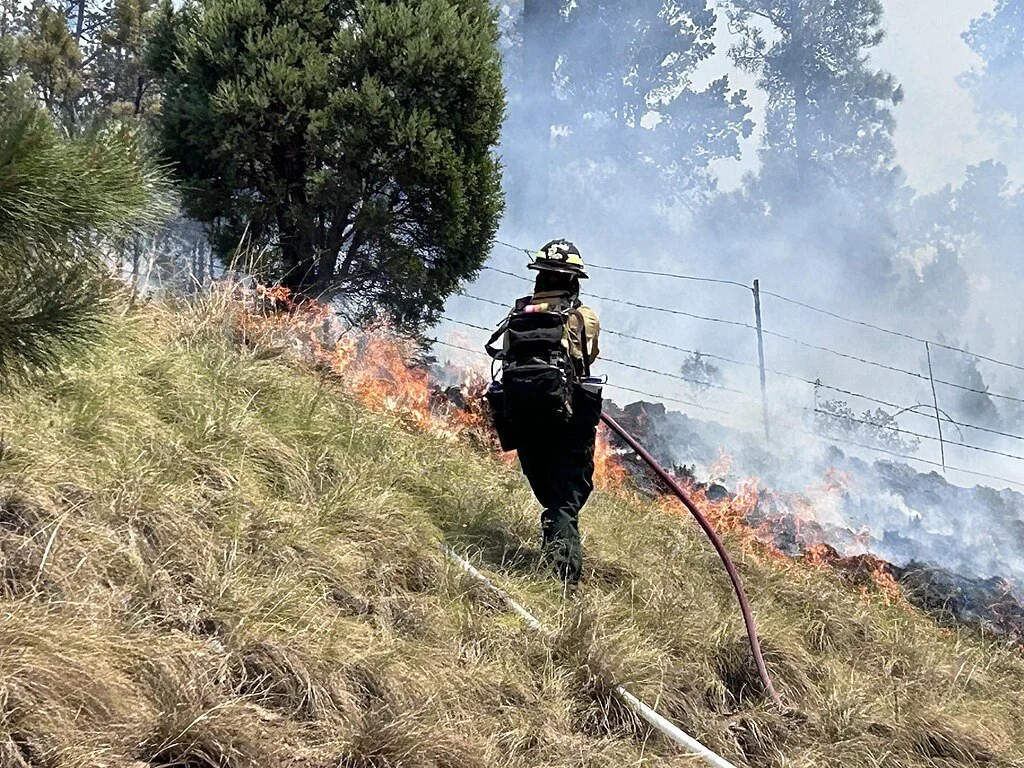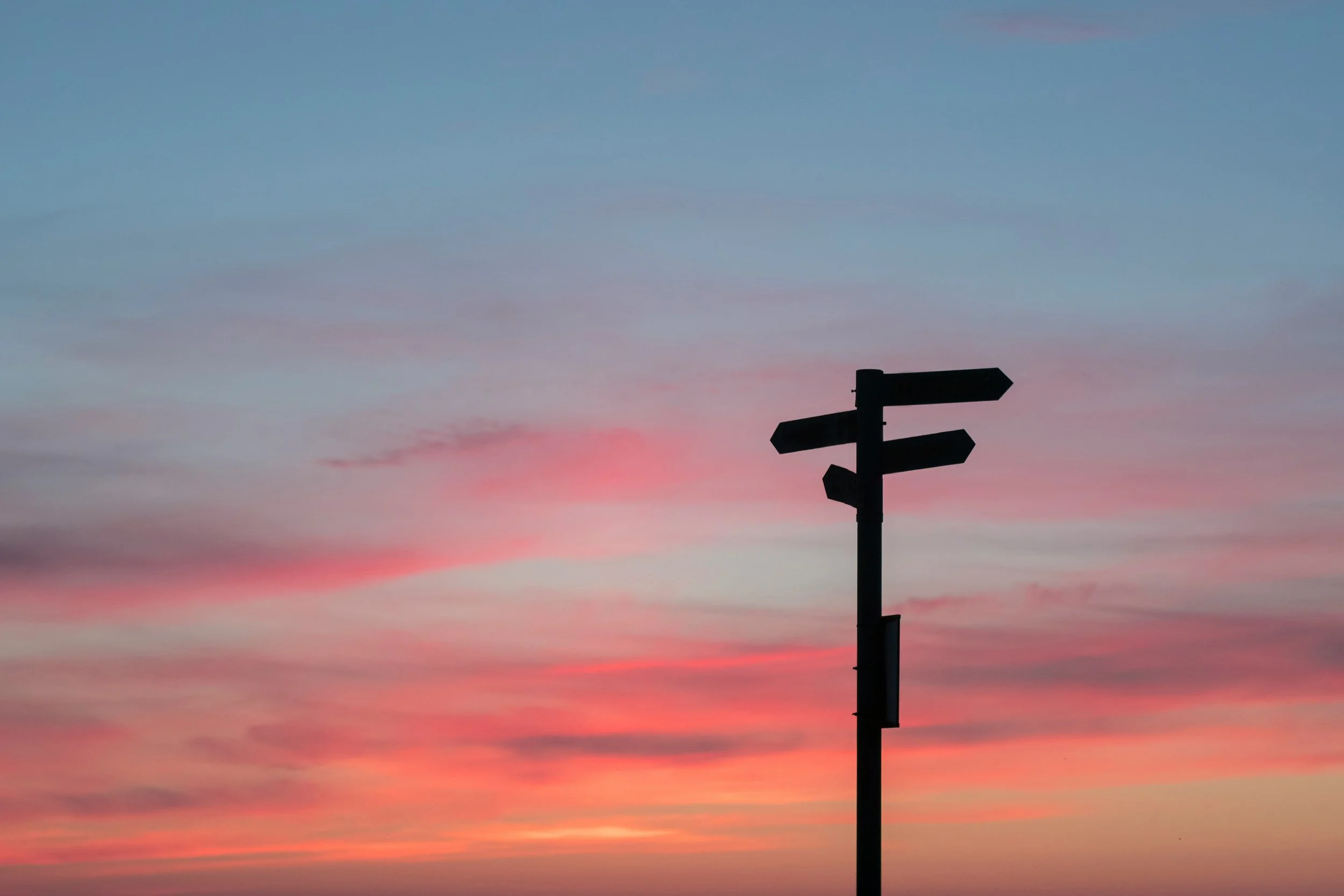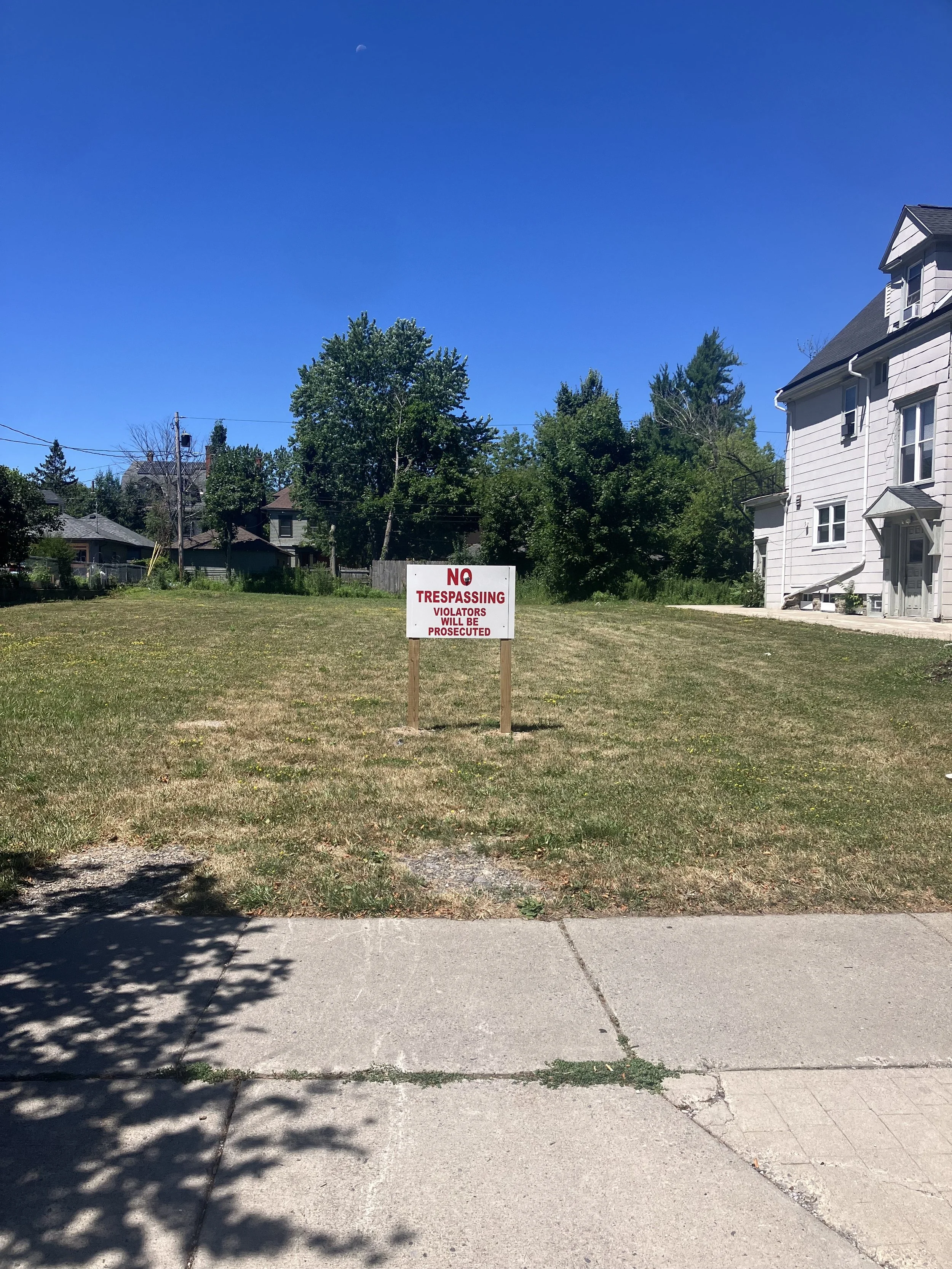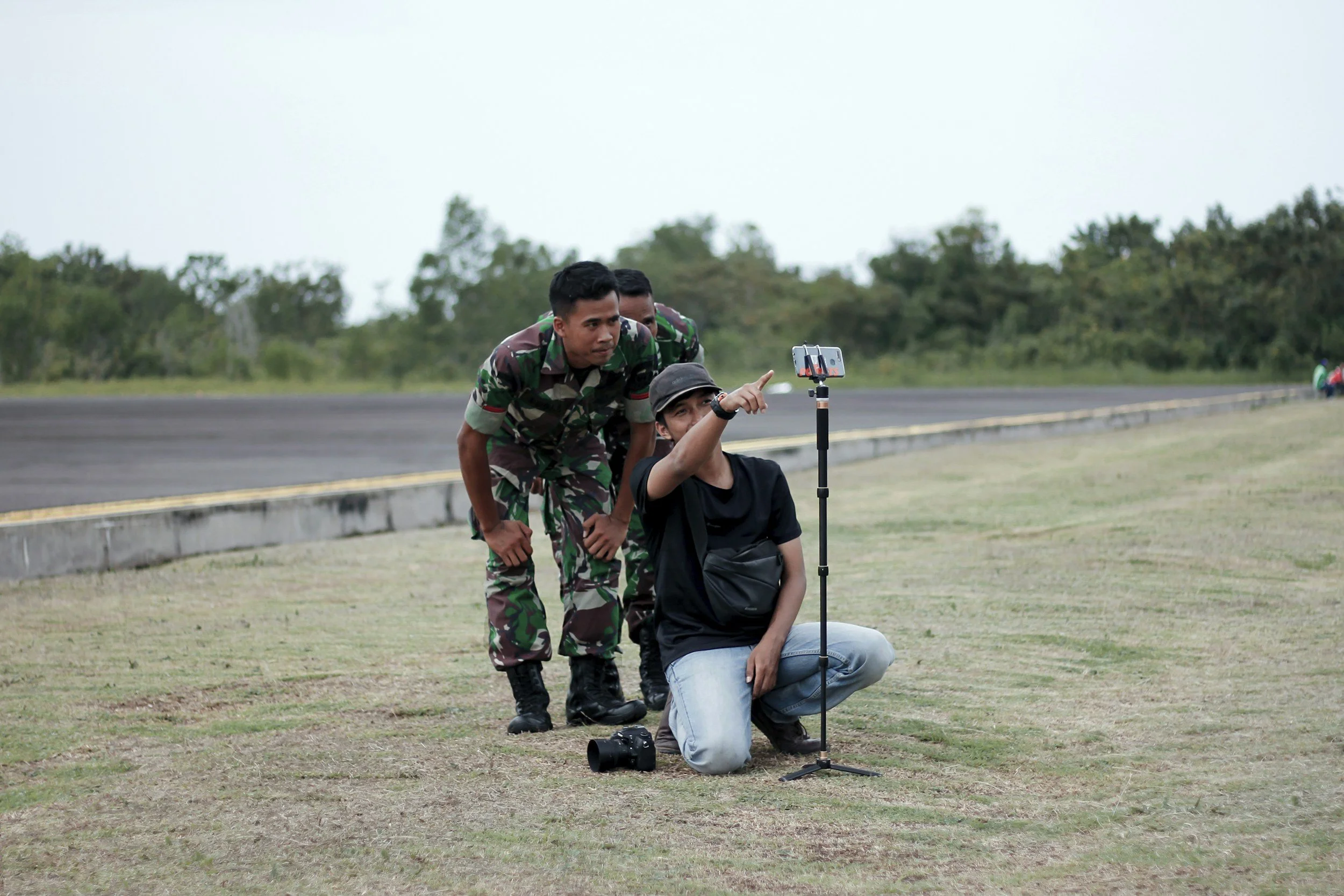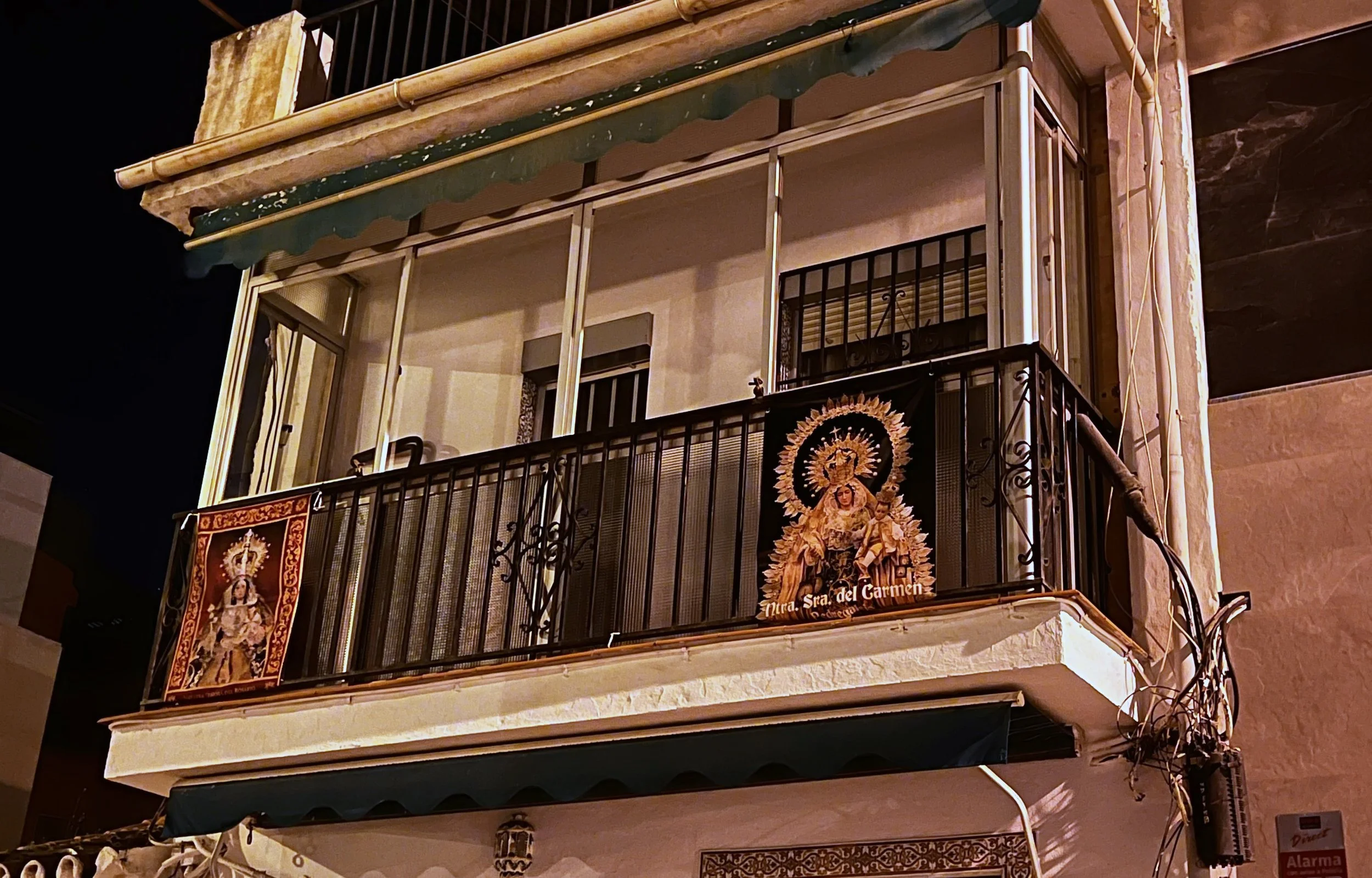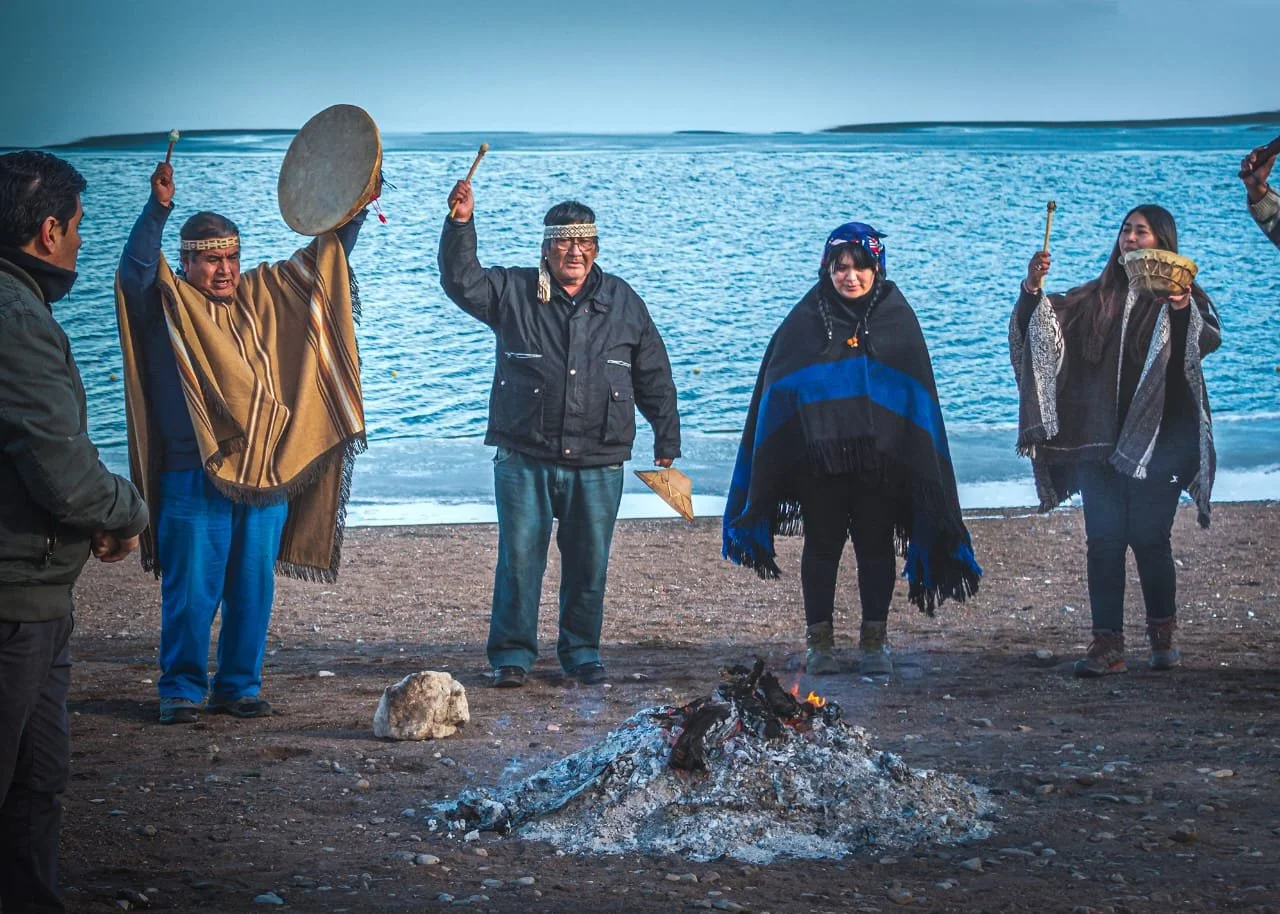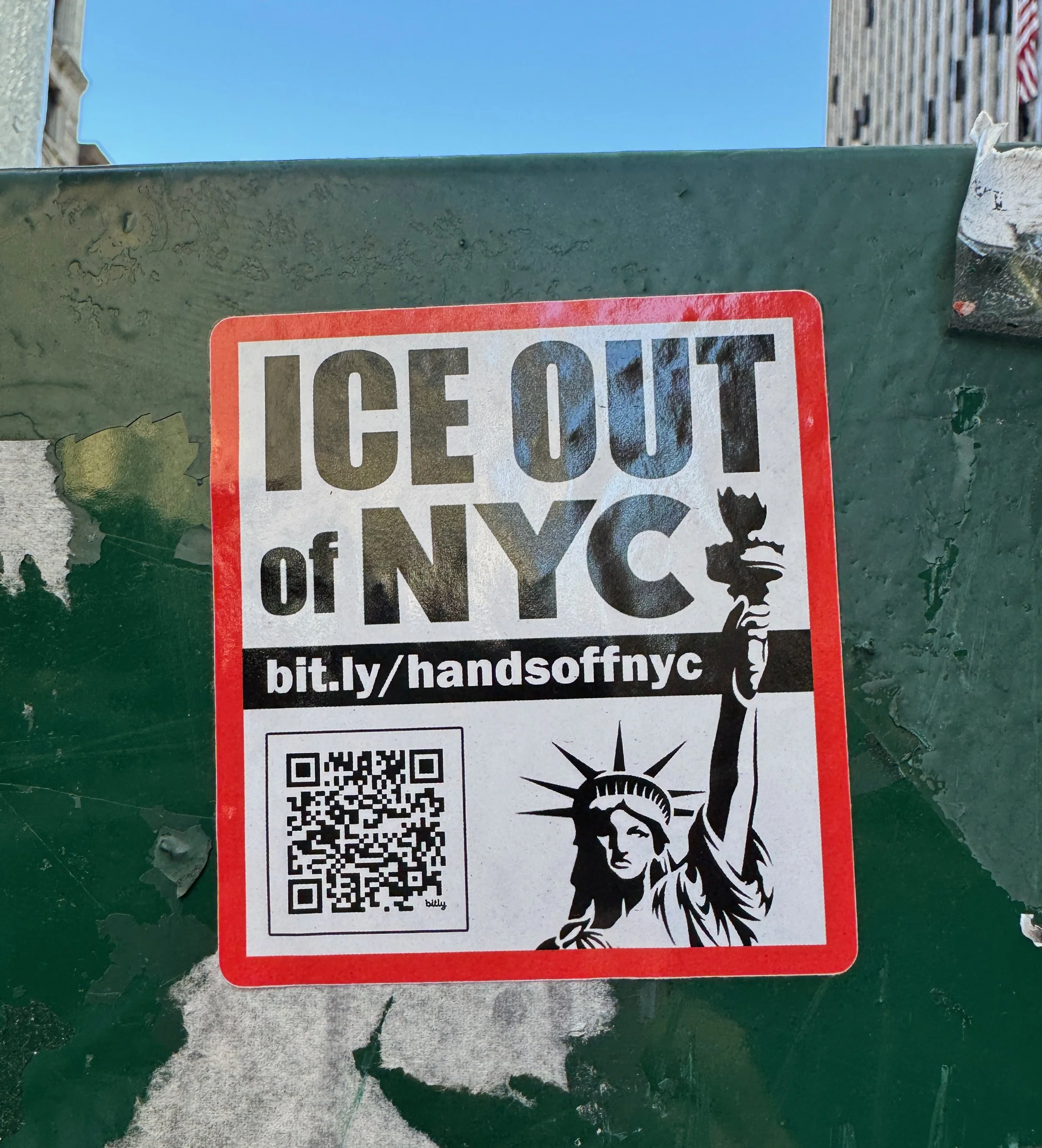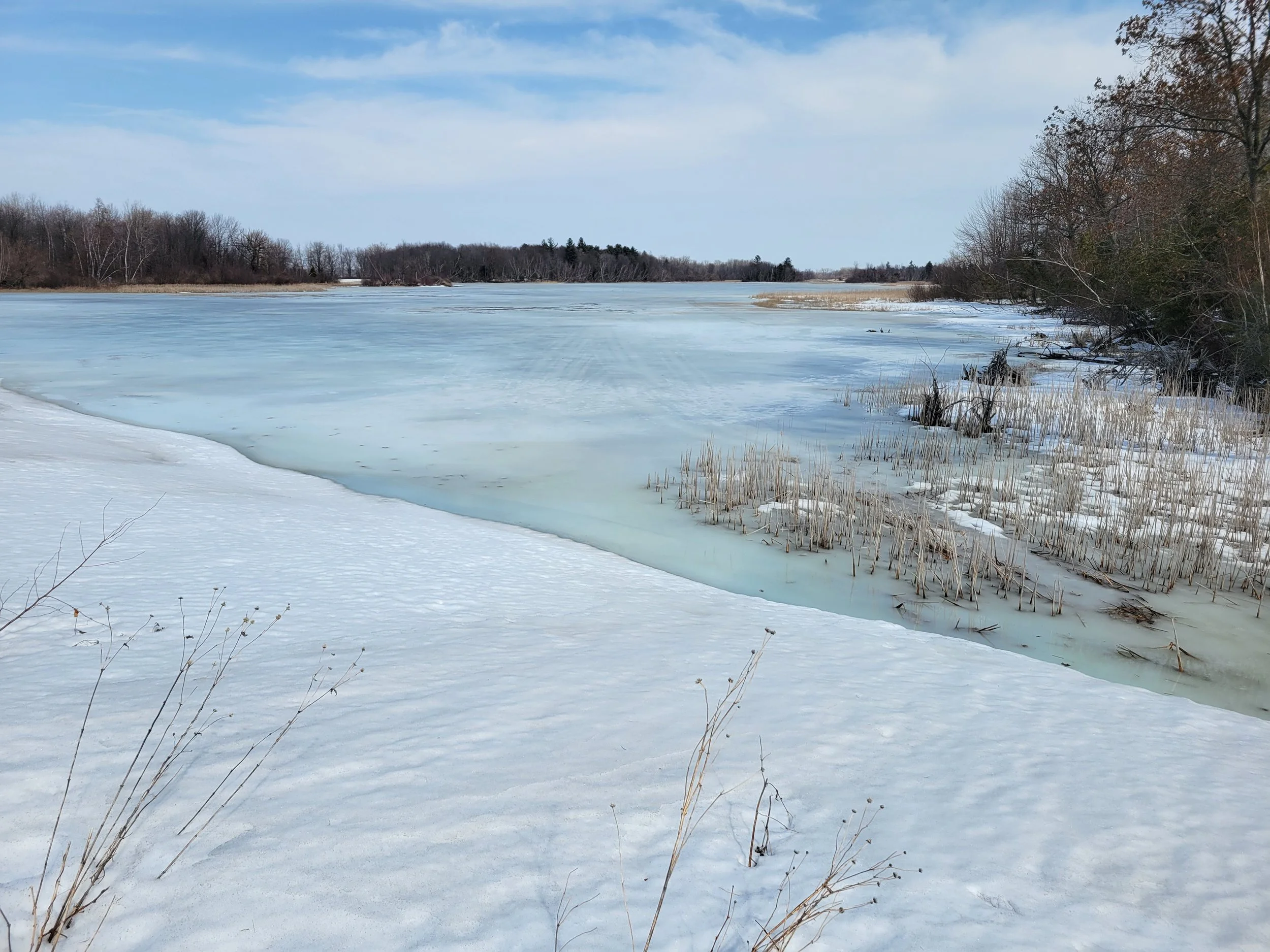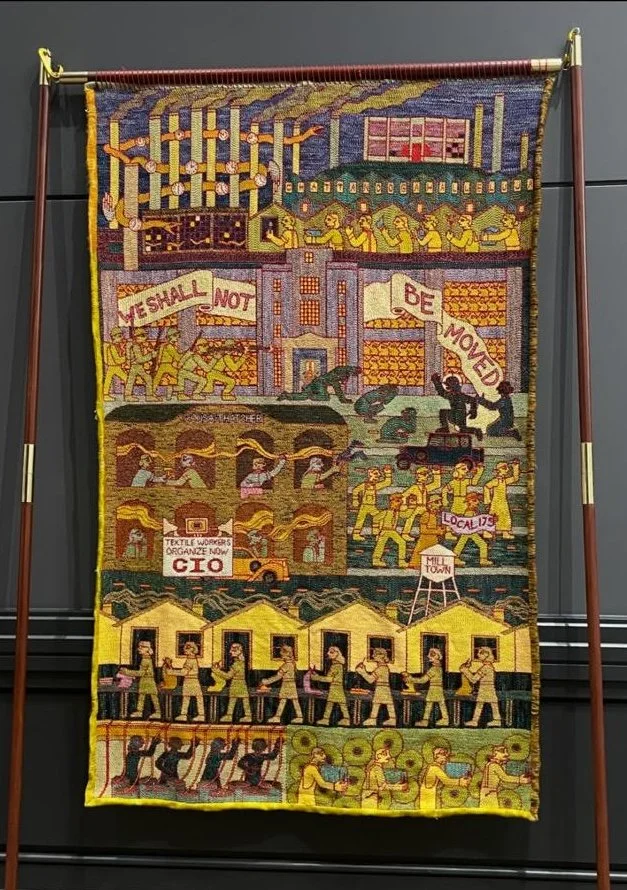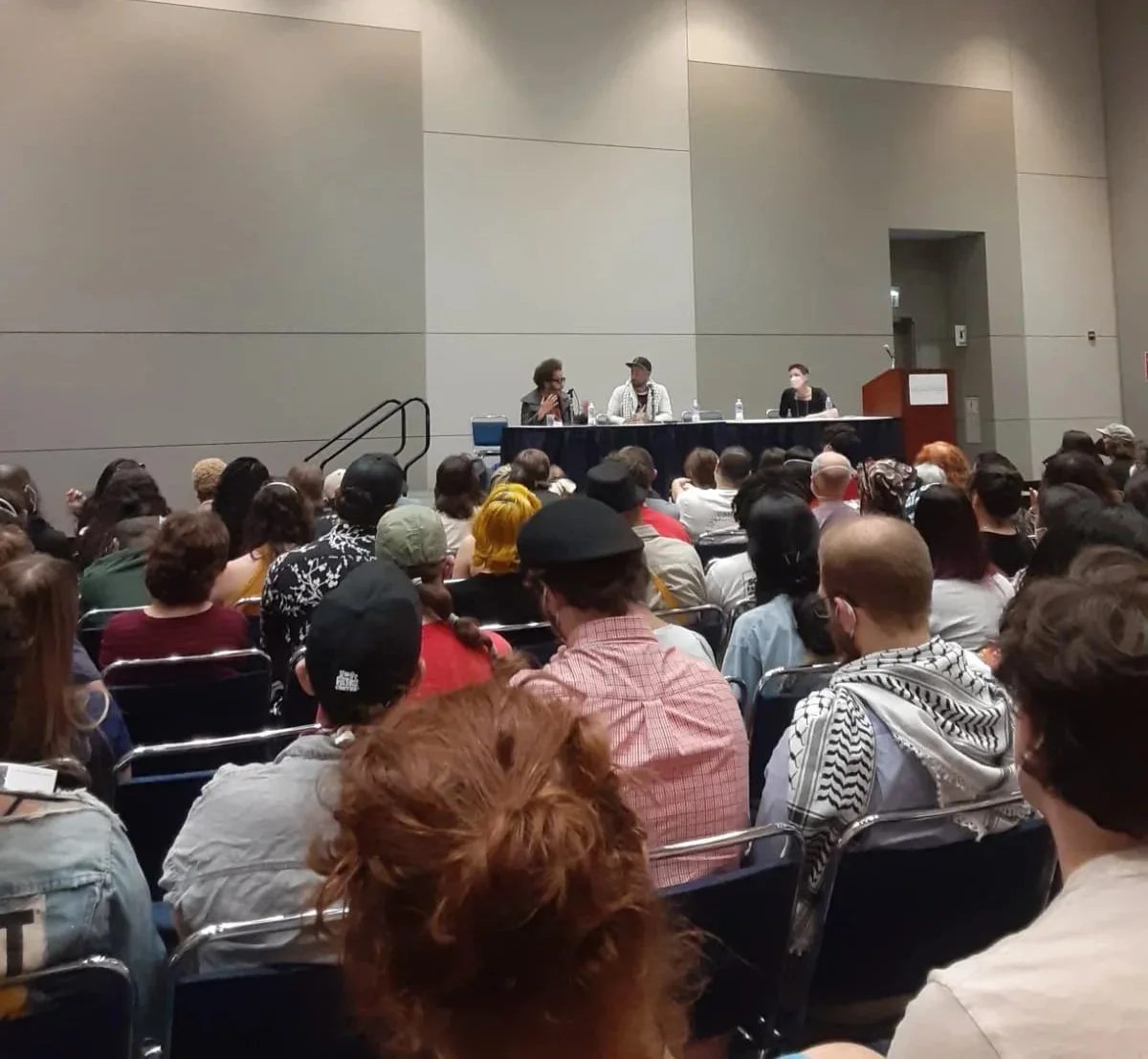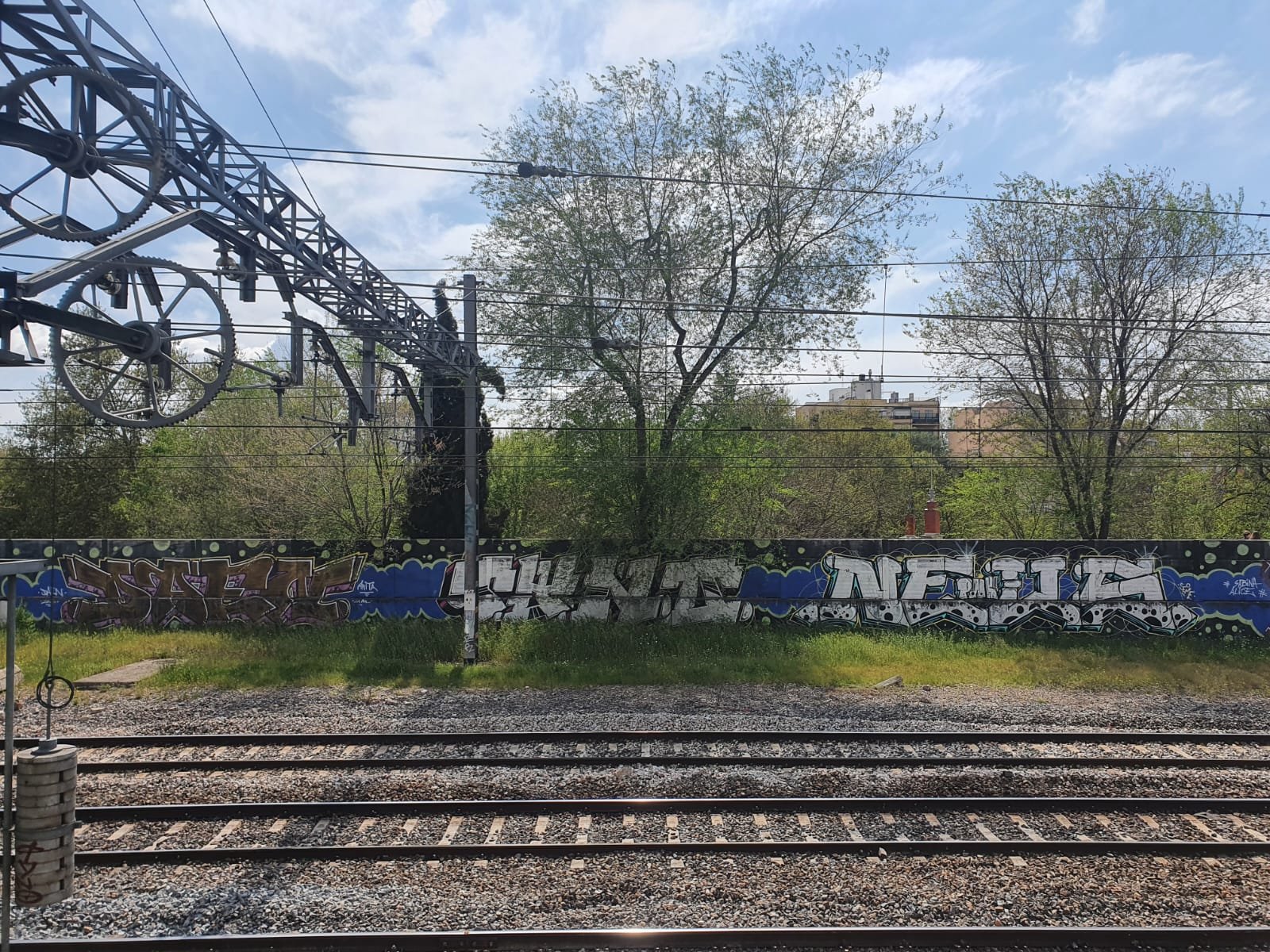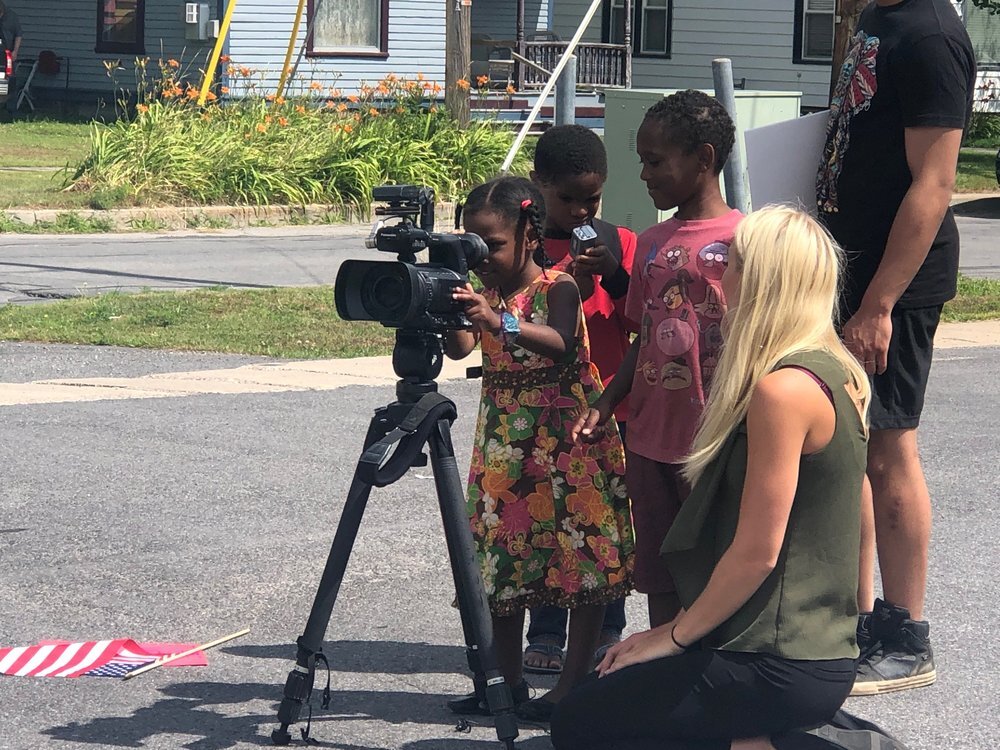
Stories
News
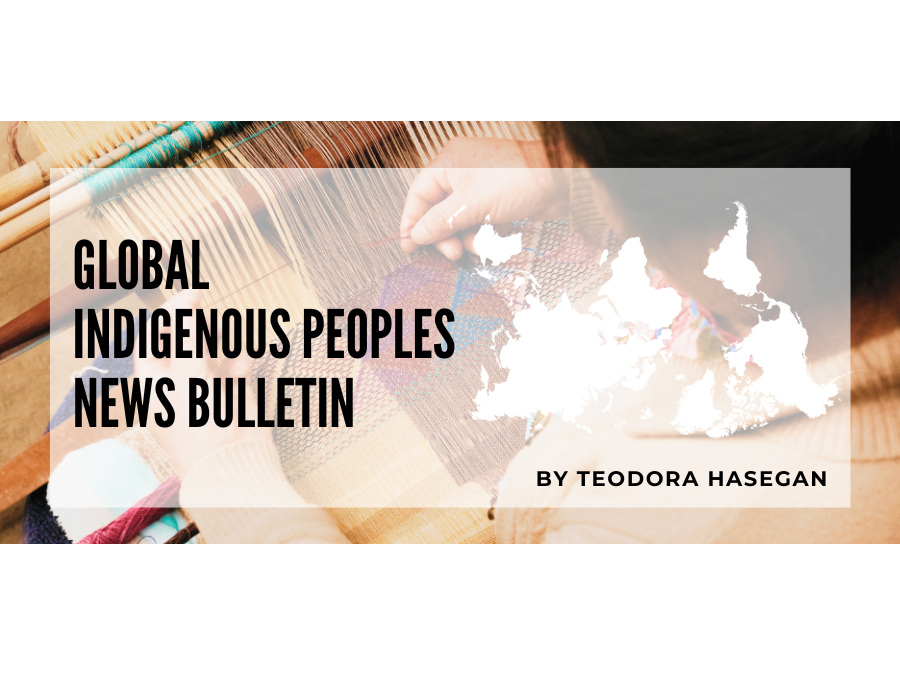
Analysis
Voices
Podcast
Announcements
Events

All Stories
Bratwurst, Beer, But Not Queer: Homophobia at Oktoberfest
The post has caused a debate on German social media about discrimination against the LGBTQ+ community, especially as it was published in June, internationally known as LGBTQ+ Pride Month. One of Munich’s city council officials, Anja Berger, remarked disapprovingly that this attitude was “hostile towards the LGBT community, and therefore unacceptable.”
News Coverage of the 2021 Colombian National Strike: An Agenda Setting Operation
As Colombia prepares for elections that have the potential to shift the country’s direction significantly, a look back at the country’s 2021 general strike provides a useful window into the forces that have led the country to this point. In particular, a critical analysis of establishment media coverage of the strike reveals the continuing role of dominant institutions in seeking to extend the status quo and undermine the people’s desire for peace and justice after decades of structural violence, dislocation, and corruption.
PARO NACIONAL 2021: Colombians’ Prolonged Outrage Takes Over the Streets
As the presidential elections and a glimpse of change approach, Colombians keep rising to disclose the numerous human rights violations and other abusive realities that the current administration has caused. In order to make sense of what is happening on the ground at the moment, however, we need to look back at the national strike that shook the country in 2021.
Exploring the Underground Graffiti Culture in Madrid
I am fascinated by how graffiti artists like SODA express themselves by using the public space of a city as their canvas. Graffiti is not only an artform, it is also a lifestyle, a culture. Painting at night, breaking into train stations, exploring underground tunnels, running from police (hopefully not) are part of the everyday life of a graffiti artist. They go to great extents and risk their lives, careers, and freedom to realize their work. I have a lot of respect for those who keep this culture alive.
Intersecting Roots: A Lost Sense of Authority
“Jordanians are angry that the country’s economic dependence on the United States would be further compounded by this new dependence on Israel for water. Given that the Jordanian regime’s survival is closely intertwined with the West, any disagreement with either the United States or Israel could be detrimental to the country’s stability. The water-energy deal would exacerbate this relationship, and locals were quick to reject it.”
The Hidden Crisis: Venezuela’s Imminent Ecocide and the Orinoco Mining Arc
Venezuelan President Nicolas Maduro created the National Strategic Development Zone of the Orinoco Mining Arc in 2016. Commonly known as the Arco Minero, it comprises an area of 111,843.70 km², larger than Cuba, adjacent to the Orinoco river, and is designated for unlawful mineral extraction. The Arco represents 12% of the country’s territory and is a severe environmental problem for the region.
Chueca: A Complex Site of Struggle
Is Chueca also a site of radical resistance? Is the counter-cultural queer struggle of 1970s and ’80s Madrid still alive? The quiet but subtly powerful presence of posters, stickers, and wall art strewn between the trendy shops and narrow streets make one inclined to say yes. The point, then, is that this struggle is one of many.
The Global Tapestry of Alternatives: Stories of Resilience, Existence, and Re-Existence
Across the world there are tens of thousands of attempts to construct alternative realities — either through sustaining things from the past which are still relevant, equitable, and just, or creating new ones.
Economic Insecurity: The Struggles and Resilience of the North Country
In this article, I seek to go beyond simply presenting statistics to illustrate the scope of poverty or economic insecurity in the North Country. I want to show how the limited understanding of poverty, as a threshold defined by institutions, obscures our awareness of people’s struggles to cover their necessities and of the systemic issues causing economic insecurity. Beyond this, I explore the intersection of social class with other identities such as gender and race while also highlighting the importance of grassroots work. Overall, I hope to generate more empathy for our neighbors and encourage support for the people working to improve their communities.
Accelerating Extremism: Far-Right Stickers and Billboards
Over Thanksgiving weekend I was making the trek from northern Virginia to New York State’s Capital Region and back. I took two different routes, mainly to avoid tolls on the return trip. On the way back to Virginia, I came across a number of stickers and billboards featuring several unsettling far-right symbols. My investigation into each of them was disturbingly easy; a simple Google search resulted in pages of far-right online content. Although the movement is increasingly based online, the lived consequences are severe. Each of the symbols I witnessed is a tiny signal of the movement’s very serious threat to democracy.
Chueca: Looking Beyond Left Vs. Right
In her second installment of our Weaving the Streets series, Skylar Bergeron continues her exploration of the Chueca neighborhood in Madrid, where the politics of queer liberation defy simple divisions between Left and Right parties.
Trapped in the Workplace: Hong Kong’s Migrant Workers Endure COVID
Gaia Guatri reports from Hong Kong, where several NGOs have called for the government to implement measures to check and provide acceptable living standards of foreign domestic workers (FDWs) during the COVID-19 pandemic.
Intersecting Roots: Arab Diversity in Amman
“Amman has experienced successive waves of Palestinian, Iraq, and Syrian refugees for many decades as it is seen as the most economically, socially, and politically stable capital in the region. Therefore, many of the refugees — displaced by decades of “western” (especially American) interjection into the region — tend to resettle in Amman…People of various Arab regions were removed from their homes and a once familiar life, and forced to relocate and re-establish their lives and stories elsewhere so often, and yet have not forgotten the foundation of their strife.”
Chueca: Between Rainbow Capitalism and Fascism
In her first Weaving the Streets article, Skylar Bergeron reports from the Madrid neighborhood of Chueca, where a tradition of LGBTQ+ pride mobilization exists uneasily with the forces of capitalist “pinkwashing” and far-right intimidation.
#ProofOfLife: Eswatini Protests and the Power of Digital Activism
As ordinary people in Eswatini/Swaziland take to the streets to protest in favor of human rights and democracy, digital activism is playing an important role. Weave News contributor Phiwa T. argues that instead of dismissing such efforts, we should recognize that forms of digital protest can work hand in hand with traditional forms of street-level activism.
The Penalties of Universalism: Football and French Racism
When Zinedine Zidane “chestbutted” an Italian opponent during the 2006 men’s World Cup final, he struck a blow for all footballers who have been victims of racism. Joe Simeone explores how Zidane’s action exposed the dominant French idea of “universalism” and the racism it is designed to hide.
A Sense of History: Lessons From Haiti’s New Political Uprising
As students continue to play a key role in mass protests in Haiti against the current government of Jovenel Moïse, Jesús G. Ruiz argues that it is time we look to Haiti once again, not just for inspiration but also for lessons on how to engage politically and fight for one’s freedoms and rights.



